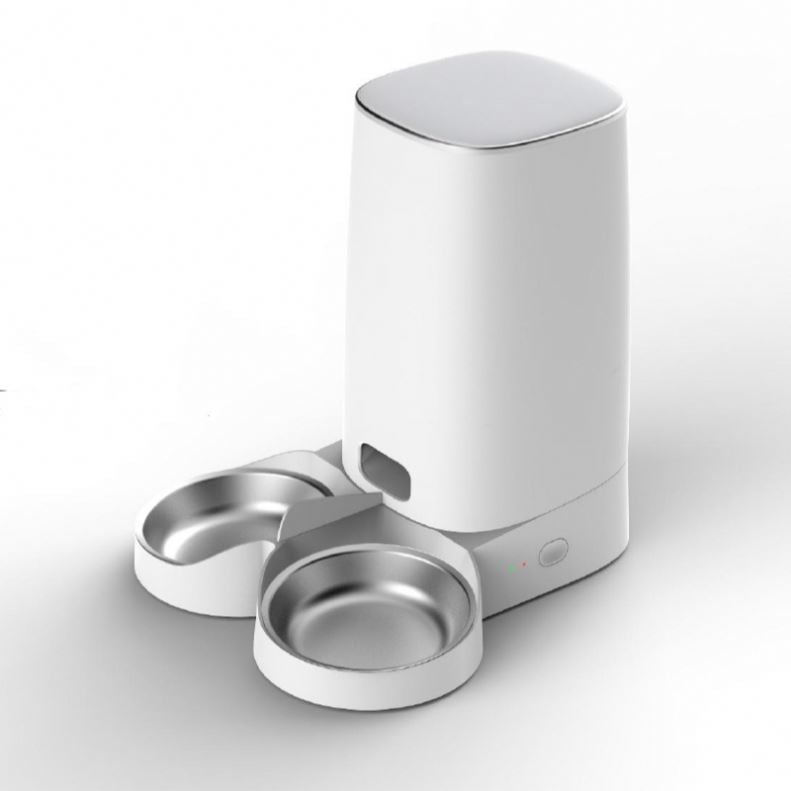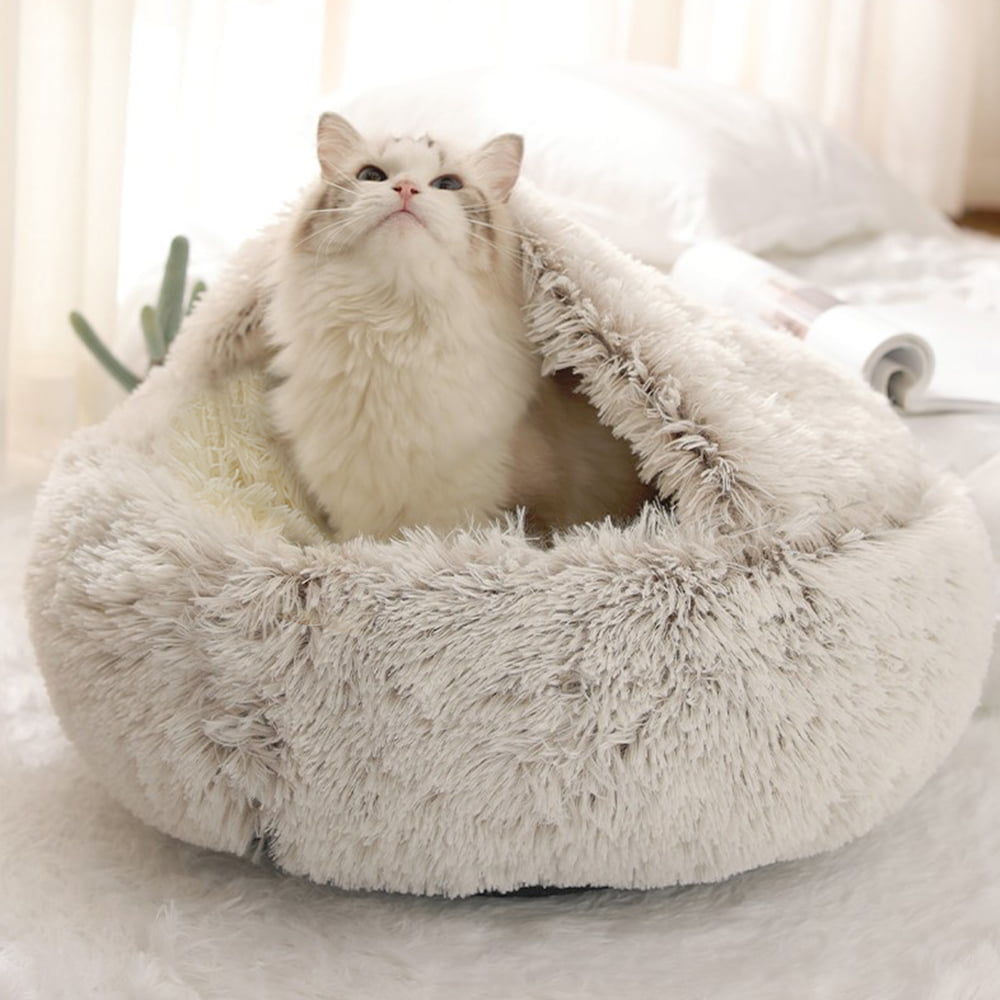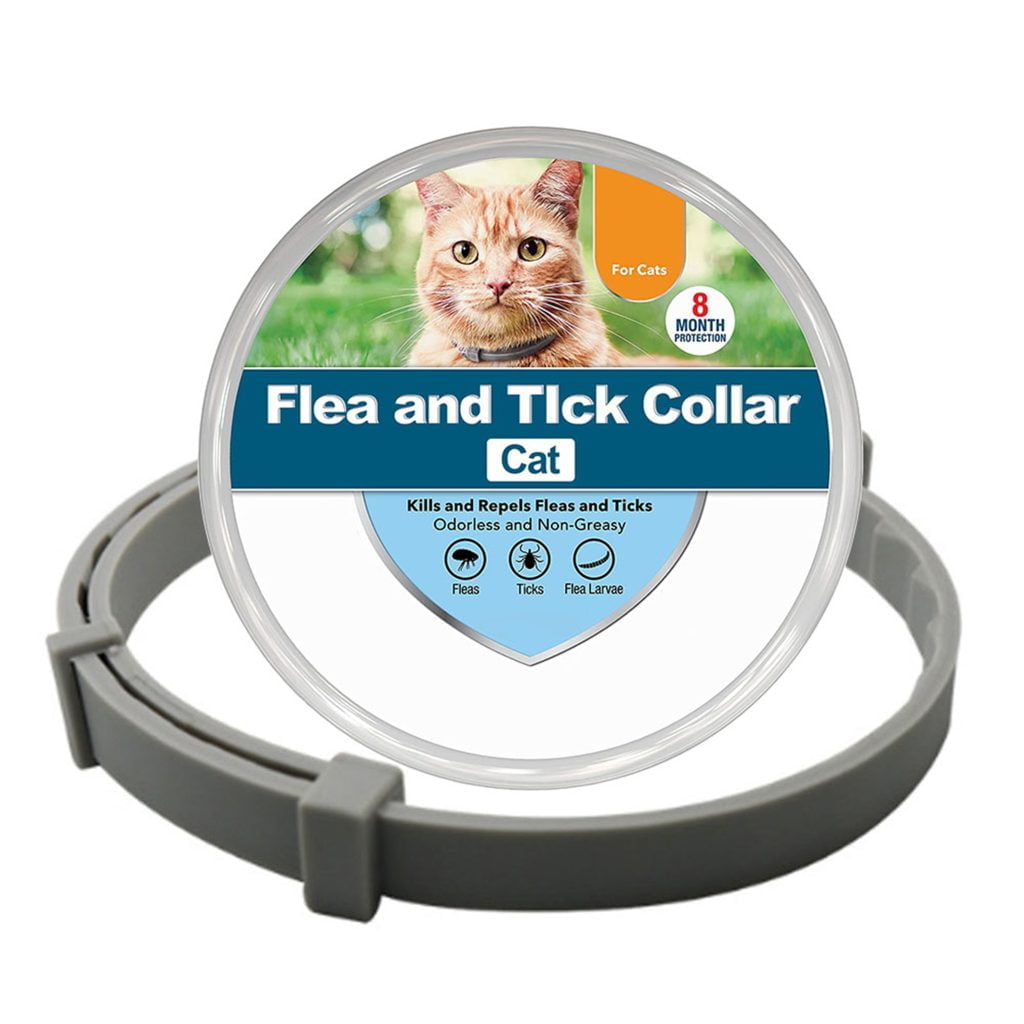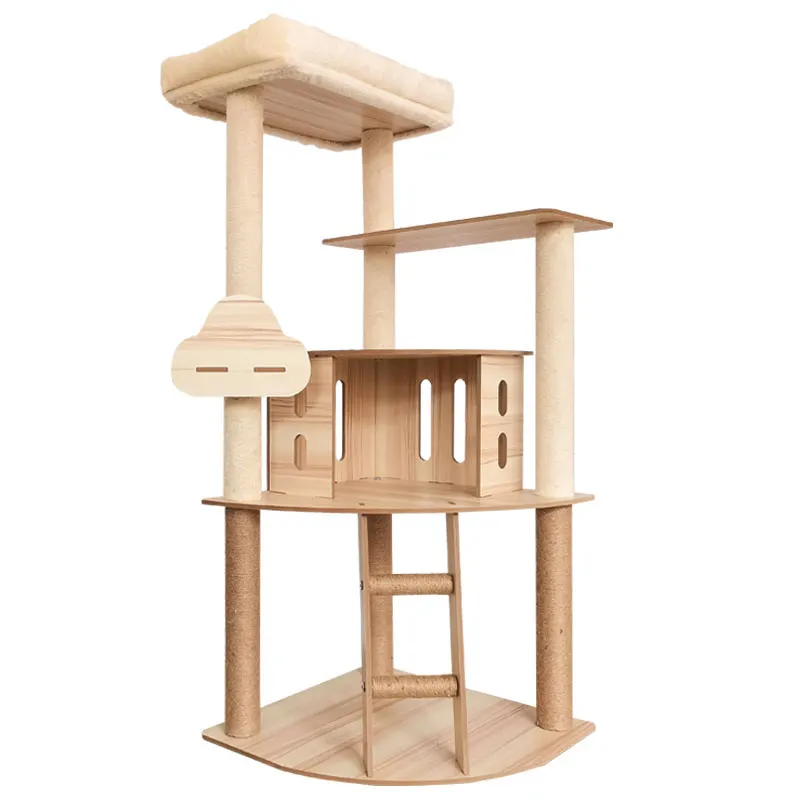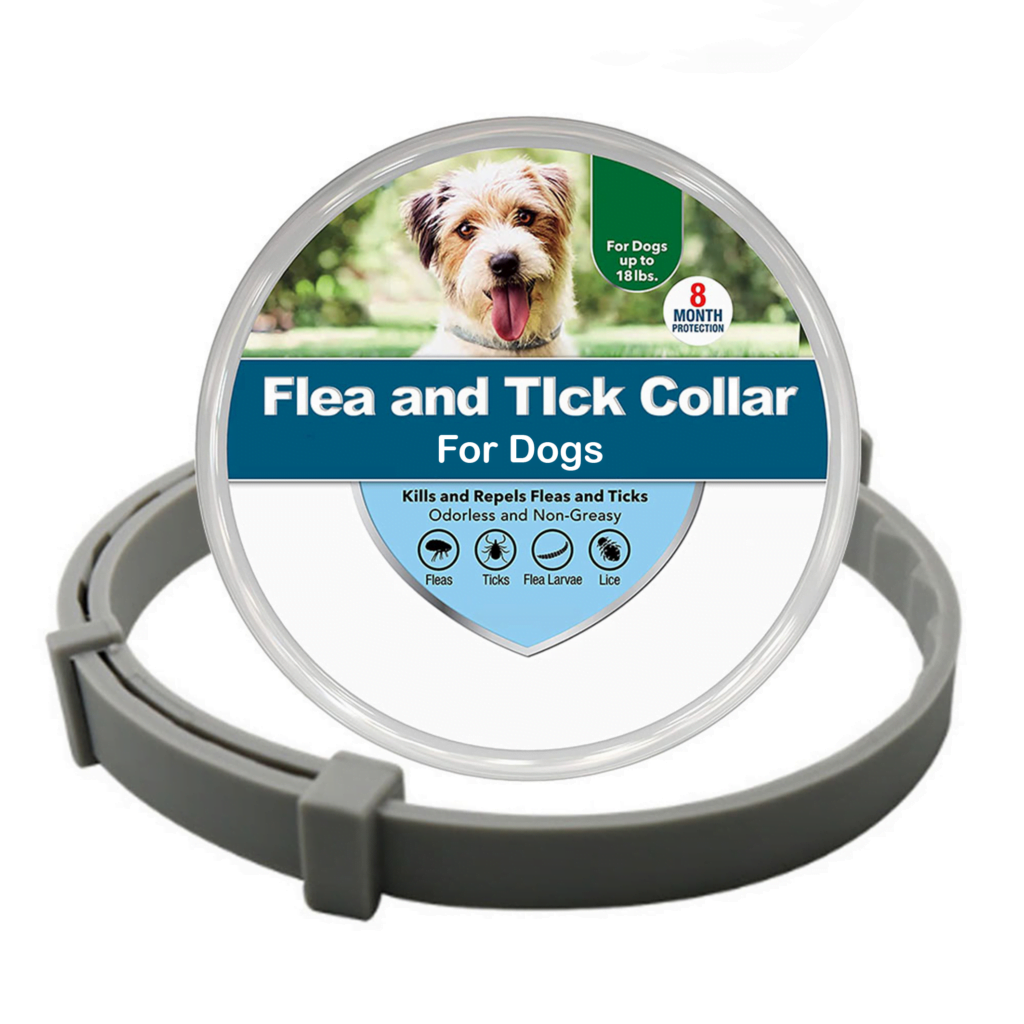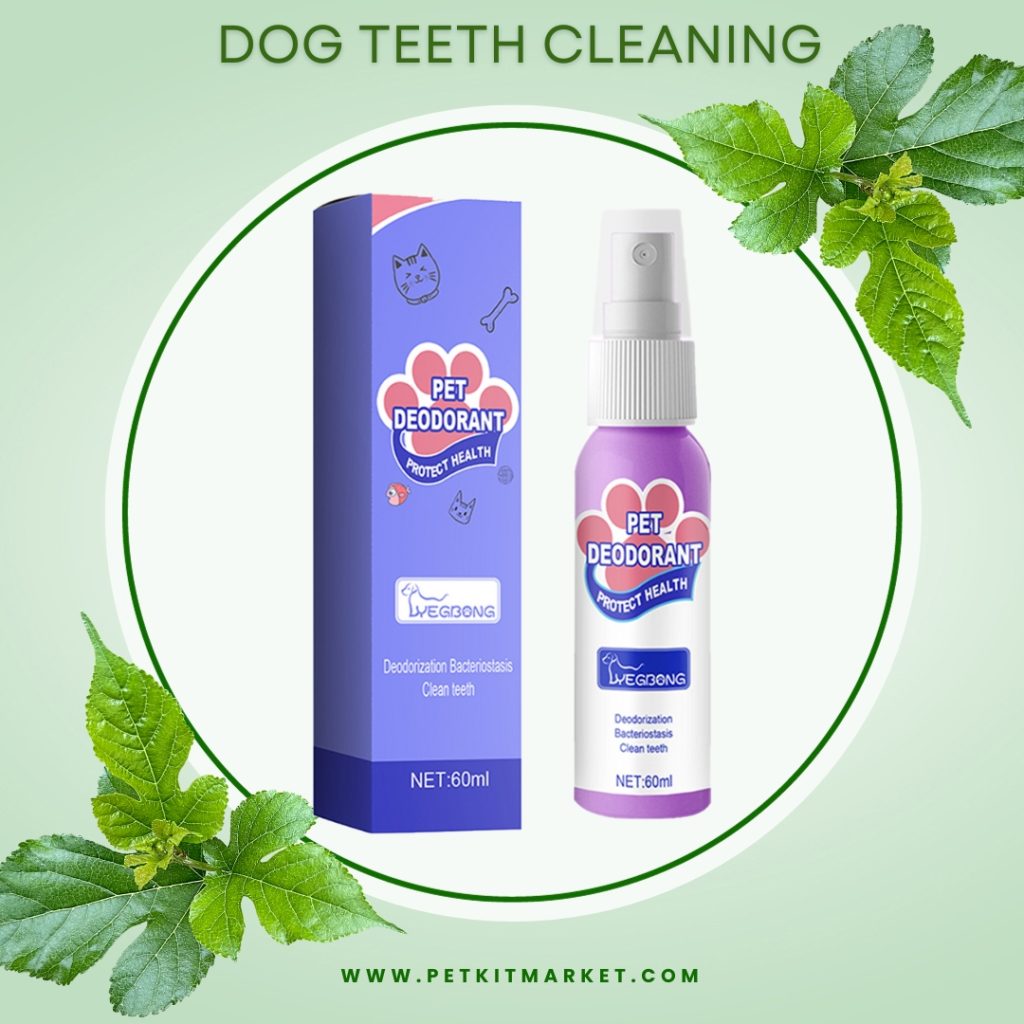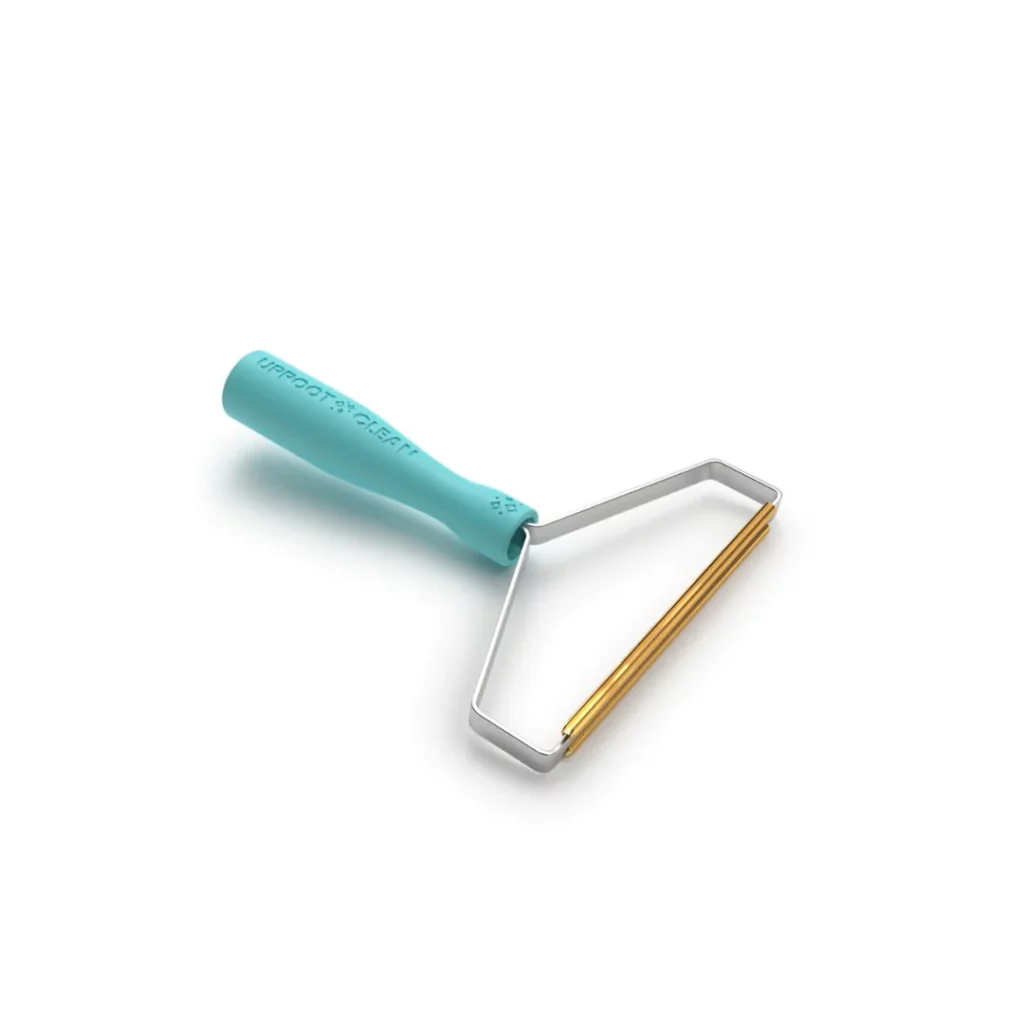As a cat owner, it’s important to be aware of the potential health threats that can affect your feline companion. Taking preventative measures and providing proper care can help ensure a long and healthy life for your beloved cat. In this comprehensive guide, we will explore the most significant cat diseases and offer valuable tips on prevention and care.
Key Takeaways
- Regular veterinary visits and examinations are crucial for your cat’s overall health and well-being.
- Vaccinations, genetic screening tests, and customized plans based on individual assessments are recommended.
- Cats should have frequent veterinary visits, including health evaluations and comprehensive physical examinations.
- Diagnostic and therapeutic plans should be tailored to your cat’s specific needs, including preventive care for parasites and infectious diseases.
- Proper veterinary care is necessary even for indoor cats to detect and treat health issues early on.
Frequency of Veterinary Visits
Cats should have regular veterinary visits to ensure their overall health and well-being. Annual examinations are recommended, but the frequency of visits may vary depending on the individual cat’s needs.
During veterinary visits, cats undergo a comprehensive health evaluation to assess their overall condition and identify any potential health concerns. This evaluation consists of both subjective and objective assessments.
The subjective assessment involves gathering information about the cat’s medical history, lifestyle, behavior, and diet. This helps the veterinarian understand the cat’s unique circumstances and identify any factors that may contribute to their health.
The objective assessment includes a thorough physical examination, dental assessment, and evaluation for medical conditions, infectious diseases, and parasite prevention.
- The physical examination allows the veterinarian to thoroughly examine the cat’s body, checking for any abnormalities, lumps, or pains.
- The dental assessment helps identify any dental problems, such as plaque buildup or gum disease, which can affect the cat’s overall health.
- The evaluation for medical conditions involves running tests and screenings to detect any underlying health issues that may require treatment or further monitoring.
- Assessments for infectious diseases and parasite prevention ensure the cat is protected against common illnesses and infestations.
By conducting these evaluations, veterinarians can develop appropriate treatment and prevention plans tailored to each cat’s specific needs. These plans may include vaccinations, parasite control measures, dietary recommendations, and behavioral advice.
Benefits of Regular Veterinary Visits
“Regular veterinary visits are essential for maintaining your cat’s health and catching any potential problems early on. By addressing these issues promptly, you can ensure your cat receives the necessary care and treatment, leading to a longer and healthier life.”
Regular veterinary visits play a crucial role in proactive cat care. They not only help identify and address current health concerns but also enable preventive measures to mitigate future risks.
Remember, your cat’s well-being is dependent on regular veterinary care. Make sure to schedule annual examinations and consult your veterinarian if you notice any changes in your cat’s behavior, appetite, or overall health.
| Frequency of Veterinary Visits | Benefits |
|---|---|
| Annual examinations | Early detection of health issues |
| More frequent visits based on individual needs | Customized care and preventive measures |
Regular veterinary visits are essential for maintaining your cat’s health and well-being. By prioritizing cat health evaluations and veterinary care, you are providing your furry friend with the best possible chance for a happy and healthy life.
Diagnostic and Therapeutic Plans
In addition to regular veterinary visits, it is important for cats to have comprehensive diagnostic and therapeutic plans tailored to their individual needs. These plans serve as proactive measures to ensure the health and well-being of our feline companions. By implementing a diagnostic plan, we can identify potential health issues early on and develop appropriate treatment strategies. Likewise, a therapeutic plan focuses on preventive care, managing existing conditions, and promoting overall wellness.
Diagnostic procedures play a crucial role in understanding a cat’s health status. Some key diagnostic tests that may be recommended include:
- Heartworm testing
- Retrovirus testing
- Annual internal parasite testing
- Other disease screening tests, customized to the individual cat
- Genetic screening tests to identify potential inherited conditions
Once the diagnostic phase is complete, a tailored therapeutic plan can be designed to address the specific needs of the cat. This plan may include:
- Year-round broad-spectrum parasite control to prevent infestations
- Customized tick control measures, if necessary
- Dental recommendations to maintain oral health
- Behavioral recommendations to address any behavior concerns
- Environmental enrichment suggestions to promote mental and physical stimulation
- Dietary and feeding recommendations to meet nutritional requirements
- Immunizations with core vaccines to protect against common diseases
- Appropriate identification, such as microchipping, for lost and found purposes
- Reproductive and genetic counseling, if applicable
By integrating these preventive measures and tailored treatment strategies into a cat’s healthcare routine, we can effectively manage their health, prevent diseases, and enhance their overall quality of life.
A Comprehensive Example of a Diagnostic and Therapeutic Plan:
| Diagnostic Plan | Therapeutic Plan |
|---|---|
|
|
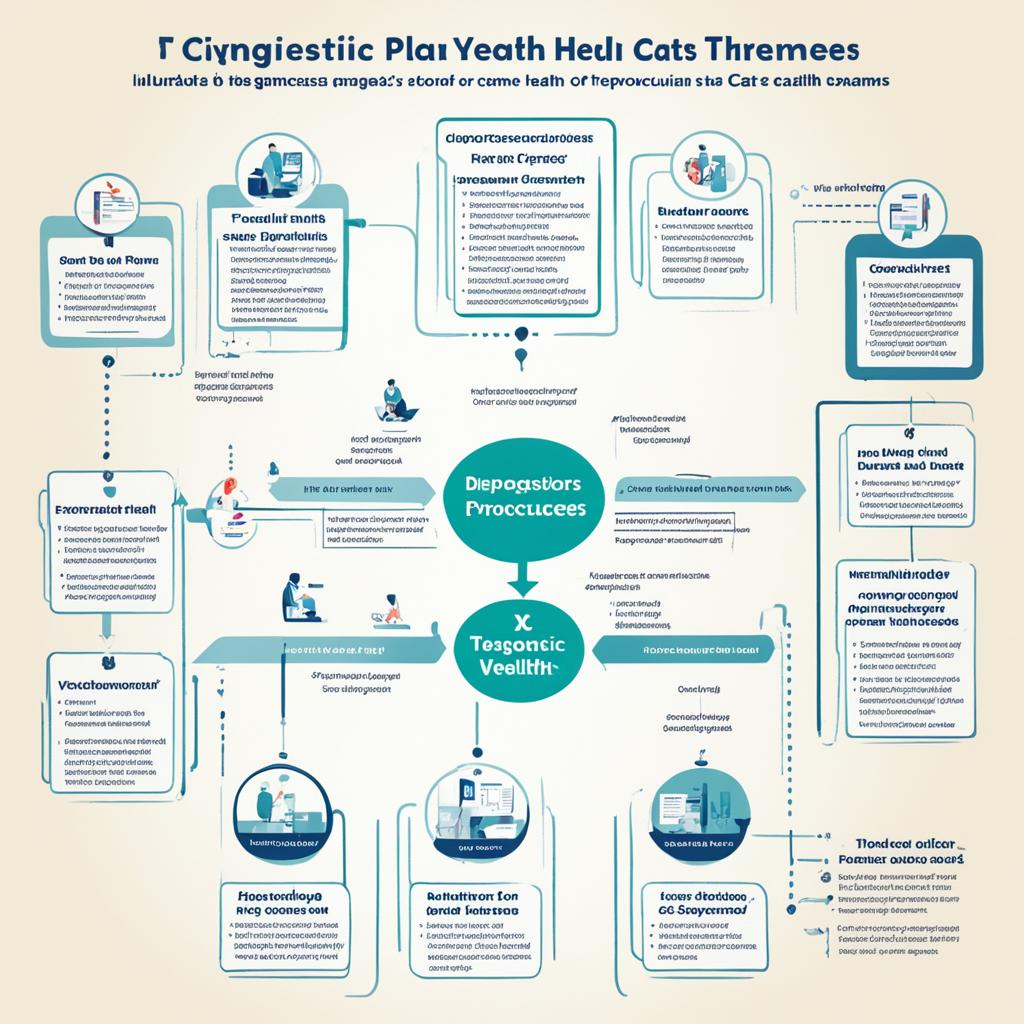
Implementing a comprehensive diagnostic and therapeutic plan ensures that cats receive the necessary care to prevent, detect, and manage health conditions. By partnering with a trusted veterinarian, you can create a proactive healthcare approach that promotes the longevity and well-being of your feline companion.
Importance of Veterinary Care for Cats
Many people may consider cats to be self-sufficient pets, but proper cat health care through regular veterinary visits is essential for their overall health and well-being. Cats, both indoor and outdoor, are susceptible to various health issues that can impact their quality of life. By providing them with the necessary preventive medicine and regular veterinary care, you can help ensure that they live long, happy, and healthy lives.
Regular veterinary visits are crucial for monitoring your cat’s health and detecting any underlying conditions or diseases early on. These visits allow veterinarians to assess your cat’s overall well-being, provide vaccinations, and administer any necessary preventive treatments to preventive medicine issues like infectious diseases and parasites.
“Preventive medicine is the key to keeping your cat healthy and minimizing the risk of serious health problems.”
During veterinary visits, your cat will undergo a comprehensive examination that includes a thorough physical assessment, dental evaluation, and screenings for common feline medical conditions. Vaccinations will be administered to protect against diseases, such as rabies and feline distemper. Additionally, your veterinarian may recommend specific preventive care measures based on your cat’s individual needs, such as heartworm prevention, flea and tick control, and tailored dietary recommendations.
Regular veterinary care also plays a crucial role in maintaining your cat’s dental health. Dental issues, such as periodontal disease, are common in cats and can lead to serious health problems if left untreated. Your veterinarian can provide guidance on proper dental hygiene practices and perform dental cleanings as needed.
The Benefits of Preventive Medicine
By prioritizing your cat’s veterinary care and implementing preventive medicine measures, you can enjoy several benefits:
- Early detection and treatment of diseases
- Reduced risk of infectious diseases and parasite infestations
- Improved dental health and prevention of dental diseases
- Enhanced overall well-being and longevity
Regular veterinary visits and preventive care measures are essential parts of responsible cat ownership. They not only help protect your cat’s health but also contribute to a stronger bond between you and your feline companion. Remember, cats are masters at hiding signs of illness, so regular veterinary care is the best way to ensure their long-term health and provide them with the love and care they deserve.
Kitten Care: 0-12 Months
Kittens require special care during their first year of life. It is important to meet their nutritional needs, provide necessary medical attention, and ensure their overall well-being.
Nutritional Needs
Proper nutrition is vital for the healthy growth and development of kittens. They have unique dietary requirements that should be met with high-quality kitten-specific diets. These diets are formulated to provide the necessary nutrients and energy for their fast-growing bodies. As they approach their first birthday, a gradual transition to adult diets should be implemented to ensure a smooth shift in their nutritional intake.
Medical Needs
Kittens should receive prompt veterinary care within a few days of adoption. This early intervention allows for thorough physical examinations, vaccinations, and dental assessments. Testing for feline immunodeficiency virus (FIV) and feline leukemia virus (FeLV) is also recommended to identify any potential health concerns. Regular flea and tick prevention should be administered to protect kittens from potential infestations and related health issues.
Grooming and Stimulation
Grooming plays a crucial role in kitten care. Regular brushing helps maintain their coat’s health and minimizes the risk of hairballs. Additionally, providing mental and physical stimulation through interactive toys, play sessions, and scratching posts helps keep kittens happy, engaged, and physically active.
“Proper nutrition, early veterinary care, grooming, and adequate mental and physical stimulation are essential for the well-being of kittens.”
Fulfilling Your Kitten’s Unique Needs
Every kitten is an individual with unique medical and nutritional requirements. Consulting with a veterinarian is crucial to cater to your kitten’s specific needs. They can guide you on choosing the right diet, implement appropriate supplements if necessary, and provide personalized care recommendations to ensure your kitten grows into a healthy and happy adult cat.
| Age | Veterinary Care | Nutrition | Grooming | Stimulation |
|---|---|---|---|---|
| 0-8 weeks | Physical examinations, vaccinations, and dental assessments | Mother’s milk or formula | Assistance with grooming from the mother | Interaction with littermates and gentle handling |
| 8-10 weeks | Physical examinations, vaccinations, and dental assessments | Kitten-specific diets | Assistance with grooming from the mother | Socializing with humans and exploring safe environments |
| 10-12 weeks | Physical examinations, vaccinations, and dental assessments | Kitten-specific diets | Start introducing brushing and gentle grooming | Active playtime and exposure to new experiences |
Adult Cat Care: 12 Months – 8 Years
As your furry friend enters adulthood, it’s important to prioritize their care to ensure a healthy and happy life. Adult cat care involves several key aspects, including grooming and dental care. Let’s explore how you can keep your adult cat in optimal health.
Grooming for a Healthy Coat
Grooming plays a vital role in maintaining your cat’s coat health. Regular brushing helps remove loose hair, reduce hairballs, and prevent matting. The frequency of brushing depends on your cat’s fur type:
- Short-haired cats: Brushing once a week is usually sufficient.
- Long-haired cats: Daily brushing is recommended to prevent tangles and matting.
By establishing a grooming routine, you not only keep your cat’s coat looking sleek and beautiful but also help to minimize hairballs and potential skin issues.
Dental Care for Healthy Teeth
Dental care is a crucial aspect of adult cat care. Just like humans, cats are prone to dental issues such as plaque buildup and tartar accumulation, which can lead to tooth decay and gum disease. To maintain your cat’s oral health:
- Toothbrushing: Brush your cat’s teeth daily using a cat-specific toothbrush and toothpaste. This helps remove plaque and prevent tartar buildup.
- Dental Cleanings: Schedule annual dental cleanings with your veterinarian to ensure a thorough examination and professional cleaning.
By prioritizing dental care, you can help prevent discomfort, pain, and potential health complications associated with dental problems.
Regular Veterinary Checkups
Regular veterinary checkups are essential for adult cats. Aim to schedule at least one or two visits per year with your veterinarian. These checkups allow for comprehensive physical examinations and help detect any underlying health issues early on. During these visits, your veterinarian will assess your cat’s overall health, administer necessary vaccinations, and discuss preventive care measures.
In addition to grooming and dental care, other key aspects of adult cat care include:
- Consistent feeding schedules
- Access to clean water
- Proper litterbox care
A balanced approach to adult cat care ensures your feline companion stays happy, healthy, and thriving.
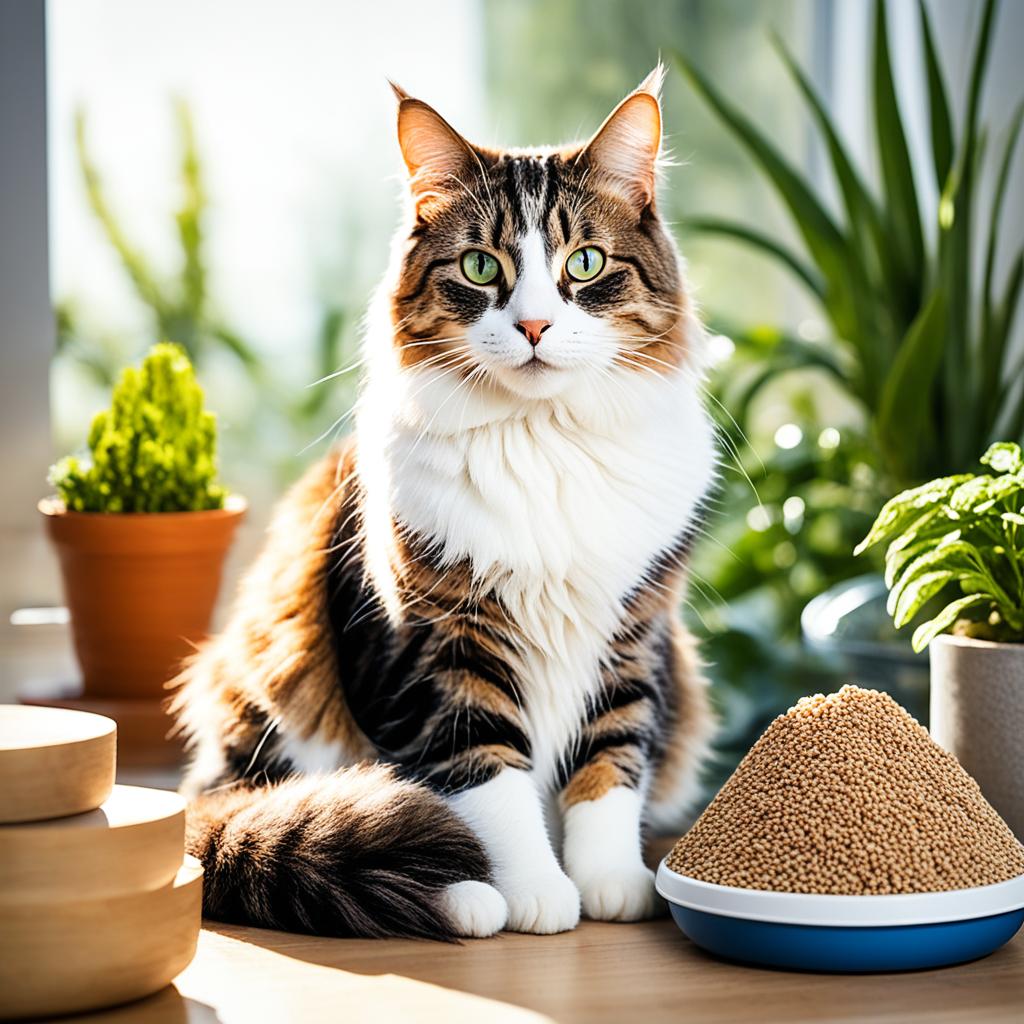
| Grooming Tips | Dental Care Tips |
|---|---|
| Brush your cat’s fur regularly to remove loose hair and prevent matting. | Brush your cat’s teeth using cat-specific toothpaste and toothbrush on a daily basis. |
| Pay attention to any changes in your cat’s skin, coat, or overall appearance. | Schedule annual dental cleanings with your veterinarian for a comprehensive examination and professional cleaning. |
| Use gentle grooming tools suitable for your cat’s fur type. | Monitor your cat’s breath and look for signs of dental problems, such as swollen gums or difficulty eating. |
Senior Cat Care: 8-15 Years
As your beloved feline companion enters their senior years, it’s important to provide them with the extra care and attention they need to stay healthy and happy. Regular veterinary checkups become even more crucial during this stage, focusing on preventive care and early detection of age-related health conditions.
One key aspect of senior cat care is maintaining a well-rounded diet that meets their nutritional needs. Consult with your veterinarian to determine the best diet for your senior cat, taking into account any specific health concerns or dietary restrictions they may have. It’s also essential to ensure they stay hydrated by providing fresh water at all times.
Dental issues can become more prevalent as cats age, so addressing oral health is crucial. Regular dental cleanings and at-home dental care, such as brushing their teeth, can help prevent dental problems and keep their mouth healthy.
Just like humans, senior cats can experience mobility issues and arthritis. Regularly monitor your cat’s mobility and consult with your veterinarian if you notice any signs of discomfort. They may recommend exercises or medications to help manage arthritis and improve mobility.
“As cats get older, maintaining a healthy weight and appropriate exercise is key to their overall well-being.” – Dr. Emily Johnson, DVM
Exercise is essential for senior cats to maintain muscle tone and flexibility. Engage them in appropriate playtime activities that encourage gentle exercise and mental stimulation. Puzzle toys and interactive play sessions can help keep their minds sharp while keeping them active.
Creating an enriching environment for your senior cat is also important. Provide them with cozy resting spots, scratching posts, and toys that cater to their changing needs. Consider adding ramps or steps to help them access their favorite spots if they have difficulty jumping.
Remember, every senior cat is unique, and their care needs may vary. Regular checkups, discussion with your veterinarian, and a personalized care plan can ensure your senior cat receives the best care tailored to their individual needs.
| Senior Cat Care Tips | Description |
|---|---|
| Regular Veterinary Checkups | Ensure early detection of age-related health conditions. |
| Well-Rounded Diet | Meet their nutritional needs and consult with a veterinarian for tailored dietary recommendations. |
| Dental Care | Regular dental cleanings and at-home dental care to prevent dental issues. |
| Monitoring Mobility and Arthritis | Observe their mobility and consult with a veterinarian for appropriate management options. |
| Exercise and Playtime | Engage in gentle exercise and mental stimulation to keep them active and alert. |
| Enriching Environment | Provide cozy resting spots, scratching posts, and toys for their enjoyment. |
Geriatric Cat Care: 15-20 Years
As cats enter their geriatric years, specialized care becomes crucial to support their aging bodies and maintain their quality of life. Regular veterinary checkups, dental care, and dietary adjustments are essential components of geriatric cat care. Additionally, monitoring cognitive function, addressing arthritis and mobility issues, providing mental and physical stimulation, and creating a comfortable and safe environment are vital for their overall well-being.
Dental care plays a significant role in the health of geriatric cats. As they age, cats become more prone to dental issues such as periodontal disease and tooth decay. Regular dental checkups and cleanings can help prevent these problems and alleviate any discomfort.
Veterinary checkups are particularly important for geriatric cats. These regular visits allow for the early detection and management of age-related health conditions. Your veterinarian will perform a thorough examination, assess your cat’s overall health, and provide appropriate medical interventions or recommendations.
Geriatric cats may also require dietary adjustments to accommodate age-related health conditions. Your veterinarian can recommend a diet that meets your cat’s specific nutritional needs, supports their aging body, and helps manage any health issues they may be experiencing.
In addition to physical health, it is crucial to address cognitive function and mental stimulation in geriatric cats. Providing interactive toys, puzzle feeders, and engaging activities can help keep their minds active and prevent cognitive decline.
Arthritis and mobility issues are common in aging cats. Your veterinarian can provide guidance on managing pain, improving mobility, and suggesting appropriate exercise routines. Providing a comfortable environment with easy access to perches, litterboxes, and food and water bowls can also help alleviate any physical discomfort.
Table: Geriatric Cat Care Recommendations
| Aspect of Care | Recommendations |
|---|---|
| Veterinary Checkups | – Schedule biannual veterinary checkups – Regular bloodwork and urinalysis – Monitor for age-related health conditions – Follow vaccination schedules – Dental checkups and cleanings – Parasite prevention |
| Dental Care | – Regular dental cleanings – Daily toothbrushing – Monitor for dental issues and discomfort |
| Dietary Adjustments | – Consult with your veterinarian for appropriate diet recommendations – Consider age-specific or prescription diets if needed – Manage weight to avoid obesity or malnutrition |
| Cognitive Stimulation | – Interactive toys and puzzles – Engaging activities and playtime – Mental stimulation exercises |
| Arthritis and Mobility | – Consult with your veterinarian for pain management options – Environmental modifications for easy access – Regular exercise tailored to their capabilities |
Providing comprehensive care for geriatric cats is a crucial part of ensuring they enjoy a comfortable and fulfilling life in their golden years. By following these recommendations and working closely with your veterinarian, you can help your geriatric cat age gracefully and maintain their overall health and well-being.
Common Cat Health Issues
Cats are wonderful companions, but like any other living being, they can experience health issues throughout their lives. As a responsible cat owner, it’s important to be aware of these common cat health issues and take prompt action if any symptoms or concerns arise.
Dental Problems
Cat dental health plays a crucial role in their overall well-being. Dental issues such as gum disease, tooth decay, and plaque buildup can lead to pain, infection, and even systemic health problems. Regular dental care, including brushing their teeth, providing dental treats, and scheduling professional cleanings, can help prevent these issues.
Infectious Diseases
Cats can be susceptible to various infectious diseases, including feline leukemia virus (FeLV), feline immunodeficiency virus (FIV), feline herpesvirus, and feline calicivirus. These diseases can weaken their immune system, cause respiratory problems, and affect their overall health. Vaccinations and keeping your cat’s environment clean and free from potential sources of infection can help prevent these diseases.
Parasite Infestations
Parasites such as fleas, ticks, ear mites, and intestinal worms can cause discomfort, itching, and more severe health issues in cats. Regular parasite prevention, including topical treatments, oral medications, and proper hygiene practices, can help keep your cat free from these pests.
Kidney Disease
Kidney disease is a common health issue in cats, especially as they age. It can lead to a range of symptoms, including increased urination, excessive thirst, weight loss, and lethargy. Regular veterinary check-ups and specific diets tailored for kidney health can help manage this condition and provide a better quality of life for your cat.
Obesity
Obesity is a significant health concern for cats and can contribute to various other health issues, such as diabetes, arthritis, and heart problems. Proper diet, portion control, regular exercise, and stimulating playtime can help maintain a healthy weight and prevent obesity-related complications.
“Being aware of common cat health issues and providing the necessary care and attention can significantly improve your feline friend’s quality of life.”
Common Cat Health Issues and Prevention
| Health Issue | Symptoms | Prevention |
|---|---|---|
| Dental Problems | Bad breath, swollen gums, difficulty eating | – Regular dental care and professional cleanings – Providing dental treats and toys |
| Infectious Diseases | Respiratory problems, fever, lethargy | – Vaccinations – Clean and sanitary living environment |
| Parasite Infestations | Itching, hair loss, visible parasites | – Regular use of parasite prevention products – Proper hygiene practices |
| Kidney Disease | Increased urination, excessive thirst, weight loss | – Regular check-ups – Kidney-friendly diets |
| Obesity | Weight gain, difficulty moving | – Portion control and a balanced diet – Regular exercise and playtime |
By staying informed about these common cat health issues and taking proactive measures to prevent them, you can help ensure the well-being and longevity of your beloved feline companion. Remember to consult with your veterinarian for personalized advice and guidance on your cat’s unique health needs.
Conclusion
Establishing a comprehensive cat care routine is crucial for maintaining the health and well-being of your feline companion. Regular veterinary visits, preventive care, proper nutrition, grooming, dental care, exercise, and mental stimulation all play important roles in ensuring your cat’s overall health.
By following a structured cat care routine, you can help prevent and manage cat diseases, allowing your furry friend to live a long and healthy life. Regular veterinary visits are essential for early detection of any health issues and to develop customized treatment and prevention plans.
Remember, preventive care is key in maintaining cat health. This includes regular vaccinations, parasite control, and screenings for infectious diseases. Providing your cat with a balanced and nutritious diet, ensuring proper grooming and dental care, and engaging them in regular exercise and mental stimulation are also essential for their well-being.
To ensure the best care for your cat, consult with a veterinarian for personalized advice and recommendations based on your cat’s specific needs. By prioritizing preventive care and following a comprehensive cat care routine, you can contribute to your furry companion’s longevity and enhance their quality of life.
FAQ
What are the top cat health threats in 2024?
How often should cats have veterinary visits?
What is involved in a cat health evaluation?
What are diagnostic and therapeutic plans for cats?
Why is veterinary care important for cats?
How should kittens be cared for during their first year?
How should adult cats be cared for?
How should senior cats be cared for?
How should geriatric cats be cared for?
What are common cat health issues?
What is the importance of a cat care routine?
Featured Products
Automatic Cat Feeder: Smart Control, 4L Capacity, WIFI Connection & Anti Clog
$30.05 (-25%)
Automatic Dog Feeder: Smart Control, 4L Capacity, WIFI Connection & Anti Clog
$30.05 (-25%)
Cat Bed with Thick Cover, Warm, Non-Slip and Waterproof Bottom
$10.69 (-29%)
Cat Flea & Tick Collar – Guaranteed results For 8 Months
$13.30 (-40%)
Cat Tree with Scratcher – Modern & Tall for Climbing and Relaxing
$51.40 (-29%)
Dog Flea & Tick Collar – Guaranteed results For 8 Months
$13.30 (-40%)
Dog Teeth cleaning and tartar removal Spray
$6.42 (-29%)
Endless Fun Cat Toy – Interactive Smart Electric Mouse
$21.40 (-29%)
Engraved Dog Collar: Elegant and Crafted with Premium Leather
$6.40 (-29%)
Human dog bed, Super Big and Comfy: Perfect for the Whole Family
$83.98 (-30%)
Reusable Lint Remover for Home, Car & Pets – Eco-Friendly & Easy-to-Use
$10.69 (-29%)
Smart Robotic Litter : The Most Advanced Cat Litter Box – Expert Choice
$192.83 (-29%)
Special Lint Remover : Guaranteed results for Clothes & Home
$13.30 (-40%)

